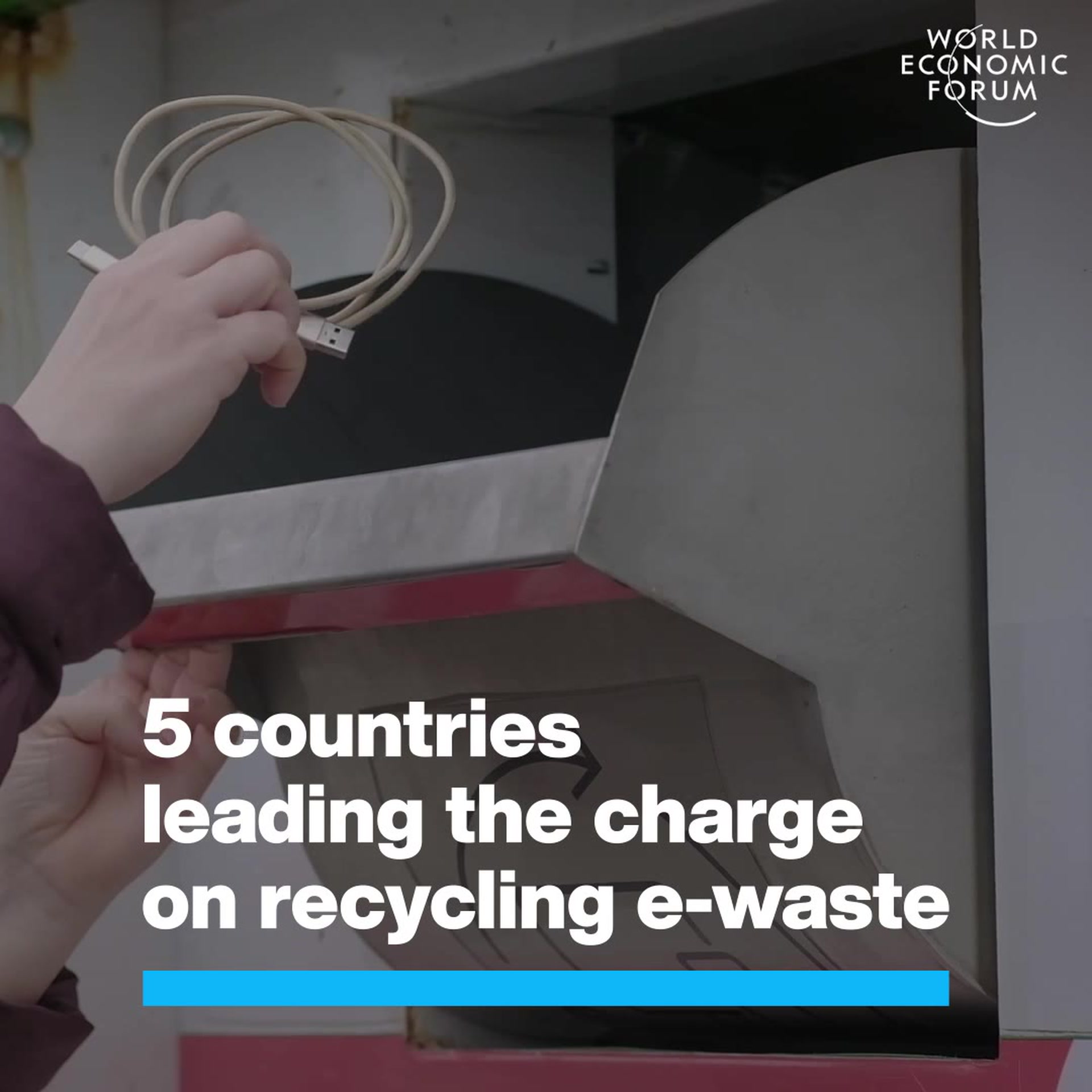GEF launches a global fund to protect 30% of land and ocean by 2030

The Global Environment Facility (GEF) has launched a new fund to protect biodiversity. Image: Pexels/Pixabay
Cristen Hemingway Jaynes
Environmental Journalist, EcoWatch
Get involved with our crowdsourced digital platform to deliver impact at scale
Stay up to date:
Biodiversity Finance
- A new fund to protect biodiversity has been launched by environmental leaders from 185 countries.
- It will focus on developing countries, where the impacts of nature loss are highest.
- The fund will also be gender-responsive and will work in collaboration with Indigenous Peoples.
- It is a key part of the implementation of the post-2020 global biodiversity framework, a set of goals to protect biodiversity.
In a meeting of the Global Environment Facility (GEF)’s Seventh Assembly in Vancouver, Canada on Thursday, representatives from 185 countries agreed to launch a new global conservation fund, with Canada pledging 200 million Canadian dollars and the United Kingdom contributing 10 million pounds.
The United Nations is seeking contributions for the protection of 30 percent of terrestrial and coastal areas by 2030.
“The new Global Biodiversity Framework Fund (GBFF) has been designed to mobilize and accelerate investment in the conservation and sustainability of wild species and ecosystems, whose health is under threat from wildfires, flooding, extreme weather, and human activity including urban sprawl,” a press release from the Global Environment Facility said.
The GBFF is seeking monetary support from governments, philanthropic donations and the private sector.
What is the World Economic Forum doing about nature?
As a trustee of the World Bank, the GBFF has not yet raised the $200 million it needs to get up and running by the end of the year, reported Reuters.
“The time for half-measures has passed,” said Oscar Soria, director of global activist nonprofit Avaaz. “Surely donors can come up with the paltry $40 million” still needed, as Reuters reported.
The GEF Assembly was attended by 1,500 people, including representatives of government, academia and business, Indigenous Peoples and environmental leaders.
The meeting, which is held every four years, comes during what is predicted to be an active hurricane season and the record wildfire season in Canada, which have been influenced by global heating and rising ocean temperatures.
“Countries have come together in Vancouver to turn things around for the health of the planet and its people. This is a hugely positive moment that will be remembered far into the future. We have shown at the Seventh GEF Assembly that even in difficult conditions – with wildfire smoke as our backdrop – we can move forward to build a more biodiverse planet for everyone’s benefit,” said Carlos Manuel Rodríguez, CEO of GEF, in the press release.
The GBFF was set up in order to fund the implementation of the Kunming-Montréal Biodiversity Framework — ratified in December of 2022 — in order to tackle the intertwined biodiversity and extinction crises.
“Biodiversity is the critical foundation of our well-being and the health of our planet. The new Global Biodiversity Framework Fund will play a key role in addressing biodiversity loss. It will address it in developing countries, where the impacts of nature loss are highest; it will address it in a gender-responsive manner, including through cross-sectoral partnerships; it will address it in collaboration with Indigenous Peoples, the original guardians of the lands and seas. Canada is making a significant contribution to this new fund and continuing to show our support for the GEF’s eighth replenishment to ensure the protection of our planet’s biodiversity for generations to come,” said Canada’s Minister of International Development Ahmed Hussen in the press release.
Contributions to the GBFF will go toward stopping and reversing biodiversity loss globally by 2030, as well as placing nature on a path to recovery by 2050.
“As we confront the critical challenge of halting and reversing biodiversity loss around the world, working together has never been more important. Our initial contribution to the Global Biodiversity Framework Fund showcases the United Kingdom’s ongoing dedication to protecting our planet’s natural diversity – and through vital international cooperation we are paving the way for a more sustainable future for our planet,” said Trudy Harrison, UK environment minister, in the press release.
Up to 20 percent of the GBFF’s resources will be dedicated to supporting initiatives led by Indigenous Peoples, as well as to protecting and preserving biodiversity. More than one-third of its resources will go to supporting Least Developed Countries and Small Island Developing States.
“The creation of this fund and its commitment to supporting Indigenous Peoples and local communities is an important and clear recognition of the fundamental role they have had for generations protecting biodiversity. We will only achieve the shared vision of a healthy planet and healthy people with collective, inclusive actions, and a human rights approach where we all hold hands together,” said Lucy Mulenkei, co-chair of the International Indigenous Forum on Biodiversity, in the press release.
Don't miss any update on this topic
Create a free account and access your personalized content collection with our latest publications and analyses.
License and Republishing
World Economic Forum articles may be republished in accordance with the Creative Commons Attribution-NonCommercial-NoDerivatives 4.0 International Public License, and in accordance with our Terms of Use.
The views expressed in this article are those of the author alone and not the World Economic Forum.
Related topics:
The Agenda Weekly
A weekly update of the most important issues driving the global agenda
You can unsubscribe at any time using the link in our emails. For more details, review our privacy policy.
More on Climate ActionSee all
Neeshad Shafi
May 1, 2024
Johnny Wood
May 1, 2024
Nils Aldag and Christopher Frey
May 1, 2024
Pooja Chhabria and Michelle Meineke
April 28, 2024
Lisa Donahue and Vance Scott
April 28, 2024







